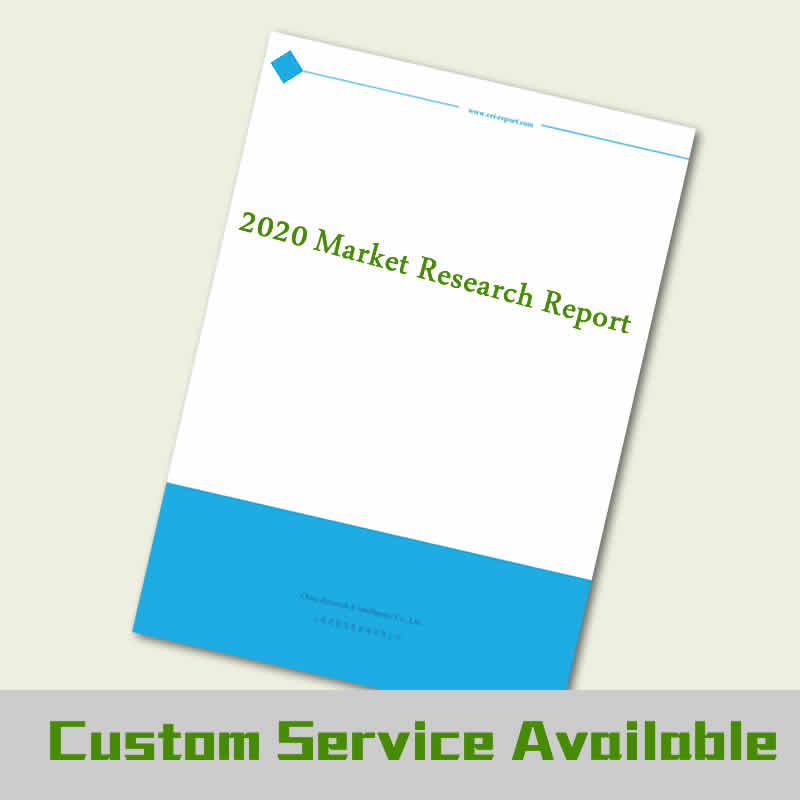Description
Healthcare analytics is a part of the digital healthcare system, which is technologically advanced and provides enhanced health management services using IT and effective communication tools. Though at a nascent stage in India, healthcare analytics has the potential to fill the gap between the lack of availability of clinicians and limited capacity of clinics to serve patients with the help of artificial intelligence (AI) and Big Data analytics.
Healthcare analytics aims to enhance patient outcomes by assisting healthcare practitioners with the use of medical knowledge that have been memorized and analyzed by
computer-enabled robotic systems, that results in an effective medical solution. It encompasses mainly three types of analytics solutions, namely descriptive analytics, predictive analytics and prescriptive analytics. Healthcare practitioners, healthcare providers, the government and pharmaceutical companies are the major end users of healthcare analytics solutions.
Market insights:
In 2019, healthcare analytics accounted for ~10.81% of the digital healthcare market in India. The healthcare analytics market in India is expected to reach a value of INR 47.04 Bn by 2025, expanding at a CAGR of ~20.49% during the 2020-2025 period. Factors like increased focus on collection and analysis of data from different healthcare sources for improved customer service, technological advancements and rising adoption of EHRs are expected to drive the growth of the healthcare analytics market in India.
Over the past few years, the volume of data generated by healthcare organizations has increased immensely on account of the growing adoption of digital technology, Big Data and other advanced technologies. Use of descriptive analytics techniques facilitates better analysis of structured and unstructured data and generates valuable insights to make improved clinical decisions. Descriptive analytics accounted for ~75% of the total healthcare analytics market in 2019 in terms of the type of analytics used in healthcare organizations in India, followed by predictive and prescriptive analytics.
It is estimated that in India (including rural and urban India), 4,300 people die every day due to poor diagnosis and wrong treatment of diseases. Healthcare analytics is expected to bring down this patient death rate by using more advanced tools for diagnosis and planning out proper treatment procedures.
However, with rapid digitization, cybercrime poses a major challenge for the growth of the Indian healthcare industry at large. The healthcare sector is increasingly being beset with social engineering and email spoofing to target human nature and behaviour. Healthcare providers that adopt healthcare analytics tools and software should work together with cybersecurity companies, and identify techniques to secure EHRs and analytics applications, which are used remotely by various clinics to minimize cyber threats.
Using healthcare analytics to contain the COVID-19 pandemic globally
AI has emerged as a powerful tool to fight against the deadly novel coronavirus. Healthcare providers, healthcare professionals and researchers are increasingly using AI, machine learning, and natural language processing in order to track and contain coronavirus, and gain a comprehensive understanding of the ongoing pandemic, globally, as well as in India. Using predictive analytics, healthcare data scientists and researchers are analyzing patient data sets to determine hotspot areas. This would allow to recommend strategies for quarantining people to curb the contagion, and most importantly deploy and test new vaccines and drugs.
• RADLogics, a healthcare software company developing AI-powered solutions, based in Boston, has developed a data analytics platform for imaging COVID-19 infection from chest scans
• In March 2020, Qure.ai, an Indian healthcare analytics solutions providing company, launched an AI-powered virtual care platform named qScout for contact tracing and remote triaging of COVID-19 patients in India
• Apollo Hospitals Group, one of the largest chain of multi-specialty hospitals in India, has designed an AI-based Coronavirus Risk Assessment scanning app for screening and initial assessment of coronavirus patients, which is available in the form of an application, as well as on the website (https://covid.apollo247.com/)
Competition analysis
Most domestic healthcare analytics companies operating in India are aiming to reduce the disparity between the urban and rural healthcare scenario. Leading specialty-hospital chains in the country have collaborated with technology giants like Microsoft and IBM to leverage their AI and machine learning technologies to build healthcare analytics tools in order to provide advanced healthcare services to patients, and effectively manage their internal operations. Niramai Health Analytix Pvt. Ltd., SigTuple Technologies Pvt. Ltd., Tricog Health Services Pvt. Ltd. and Qure.ai are some of the major players operating in this market.
Companies covered
• Aindra Systems
• Artificial Learning System (Artelus)
• Health Arx Technologies Pvt. Ltd.
• Niramai Health Analytix Pvt. Ltd.
• Predible Health
• Qure.ai
• SigTuple Technologies Pvt. Ltd.
• Tricog Health India Pvt. Ltd.
• IBM India Pvt. Ltd.
• Microsoft Corporation India Pvt. Ltd.
• Siemens Healthcare Pvt. Ltd.



Reviews
There are no reviews yet.